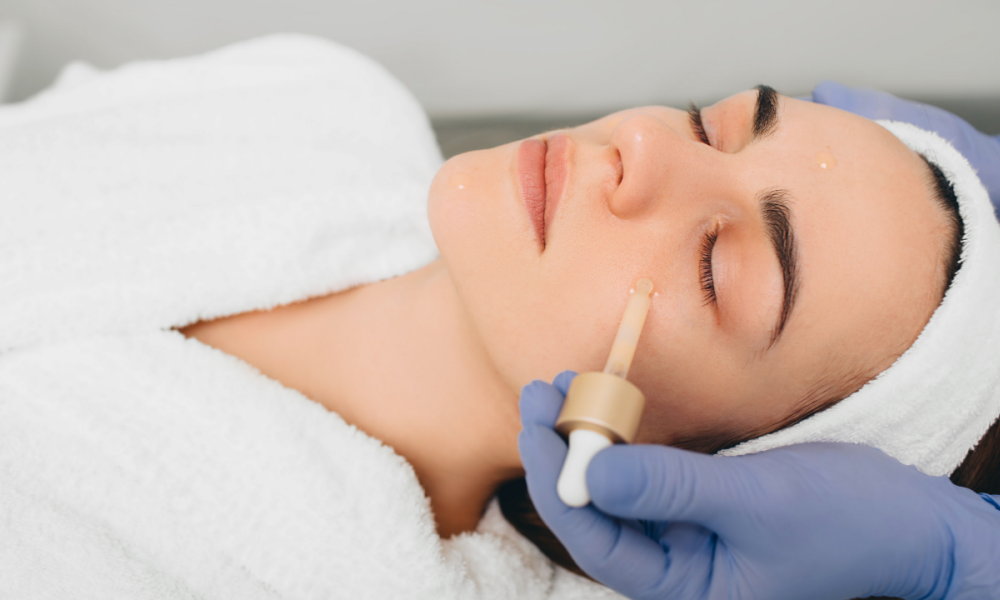One of the key aspects of serumology is the formulation of serums. High-quality serums often contain potent ingredients like hyaluronic acid, vitamin C, peptides, and antioxidants. Each of these components plays a unique role in promoting skin health. For example, hyaluronic acid is known for its ability to retain moisture, making it a vital ingredient for those looking to achieve plump and hydrated skin. Vitamin C is celebrated for its brightening properties and its ability to fight free radicals, which can lead to premature aging. When selecting a serum, look for formulations that contain these beneficial ingredients tailored to your specific skin concerns.
Incorporating serums into your skincare routine is a straightforward process.

After cleansing and toning, apply a small amount of serum to your fingertips and gently press it into your skin. This method allows for better absorption and ensures that the active ingredients penetrate deeply. It is essential to follow the application with a moisturizer to lock in the benefits of the serum. This layering technique enhances the effectiveness of the serum, allowing your skin to benefit from the concentrated ingredients.
Understanding your skin type is crucial when choosing a serum. For oily or acne-prone skin, lightweight formulations with ingredients like salicylic acid or niacinamide can help control excess oil and minimize breakouts. On the other hand, those with dry or mature skin may benefit from richer serums containing nourishing oils or peptides that promote elasticity and hydration.

Conducting a patch test before introducing a new serum to your routine can help prevent adverse reactions and ensure compatibility with your skin.
Another important consideration in serumology is the frequency of application. While some serums can be used daily, others may be more effective when applied a few times a week. For instance, exfoliating serums containing alpha-hydroxy acids or beta-hydroxy acids should be used sparingly to avoid irritation. It is advisable to start with a lower frequency and gradually increase as your skin adjusts. Keeping track of how your skin responds to different serums can help you determine the best routine for your needs.
Sun protection is also a critical aspect of serumology. Many active ingredients in serums can increase your skin’s sensitivity to sunlight, making it essential to apply sunscreen during the day.

A broad-spectrum sunscreen with at least SPF 30 should be a staple in your skincare regimen, especially when using serums that promote cell turnover or contain vitamin C. This practice not only protects your skin from UV damage but also enhances the results of your serum.
Patience is vital when using serums. While some may notice immediate improvements, others may take weeks or even months to see significant changes. Consistency in application and adherence to a well-rounded skincare routine will yield the best results over time. By understanding the principles of serumology and selecting the right products for your skin, you can unlock the potential for healthier, more radiant skin. Embrace the journey of discovering what works best for your unique skin needs and enjoy the transformative effects of serums in your daily routine.

Leave a Reply